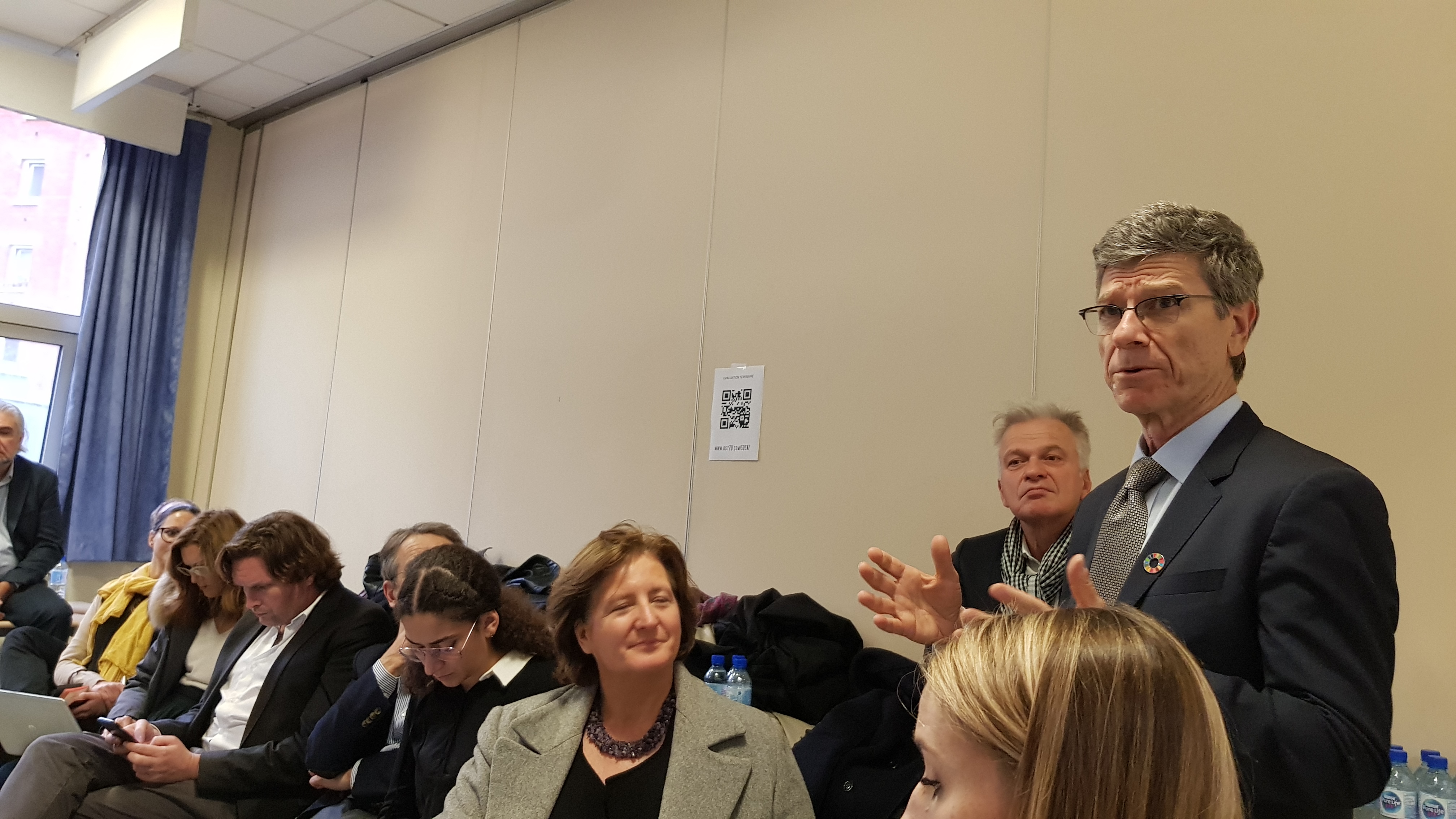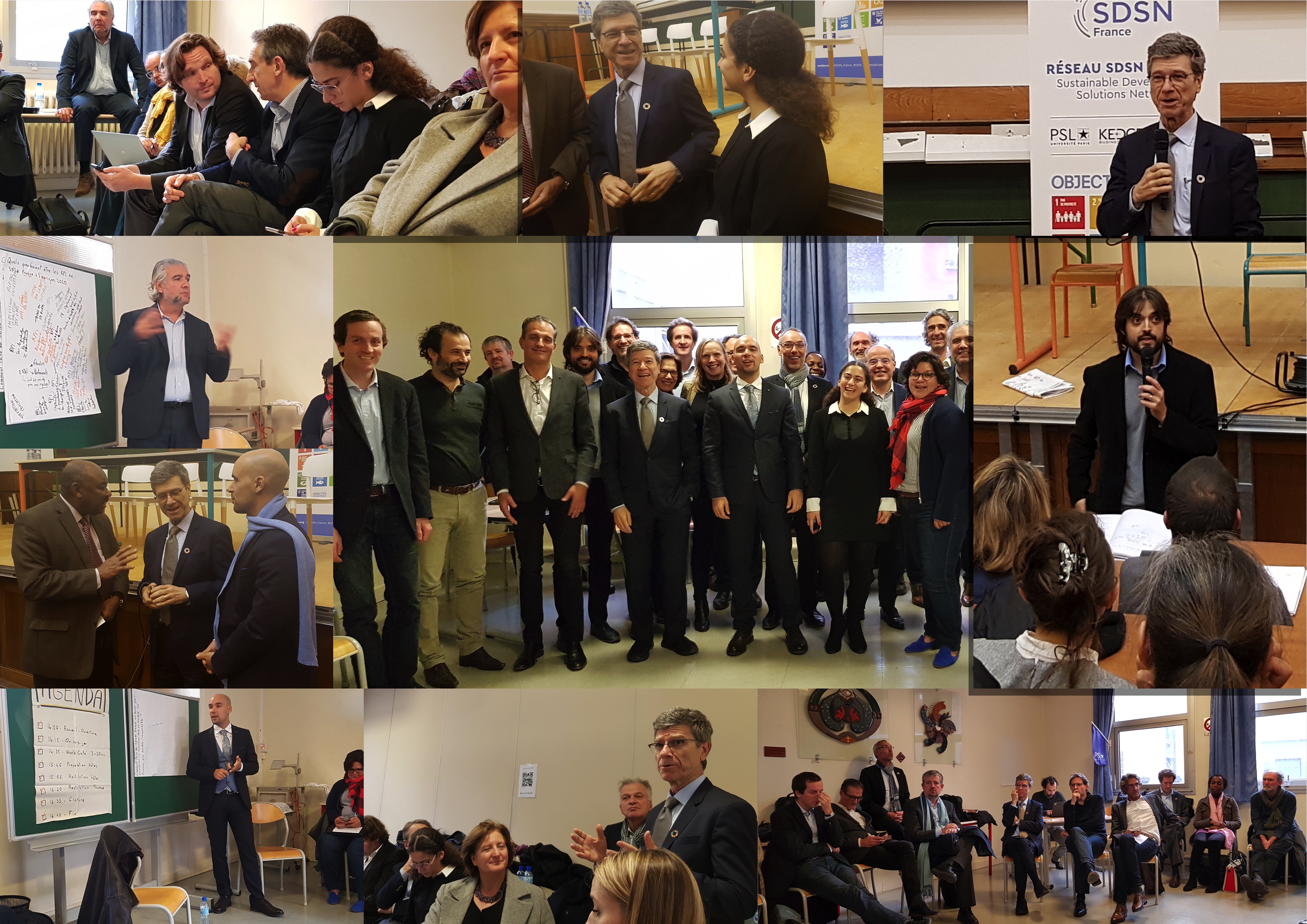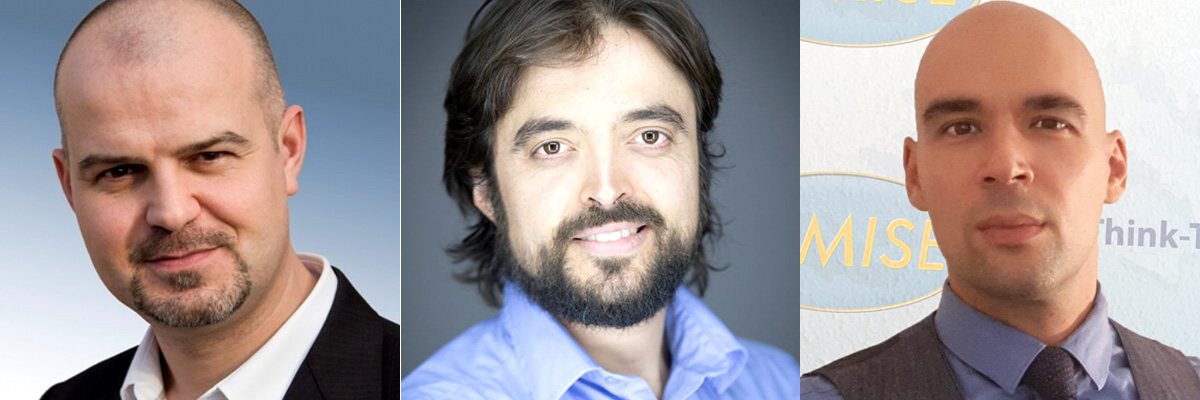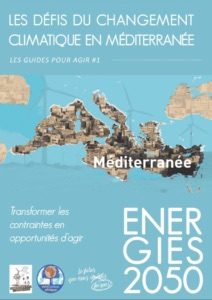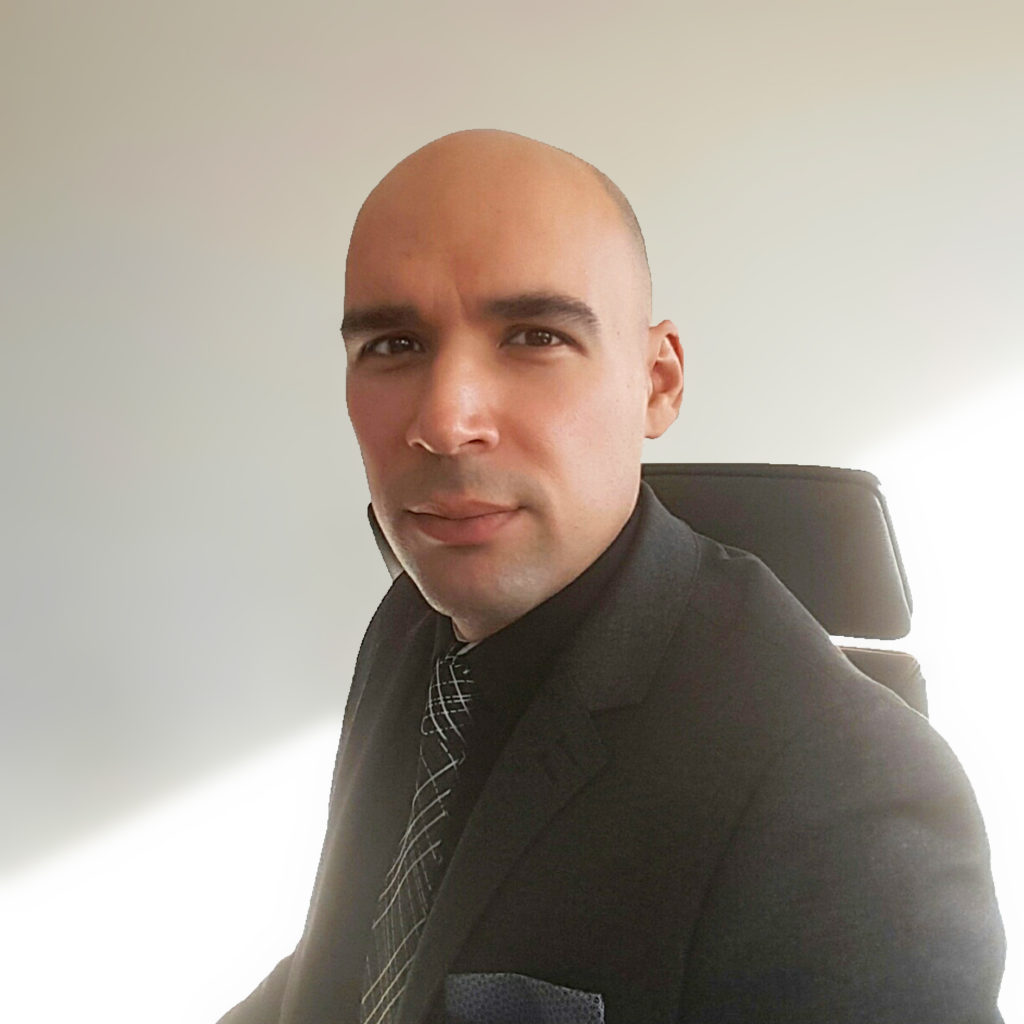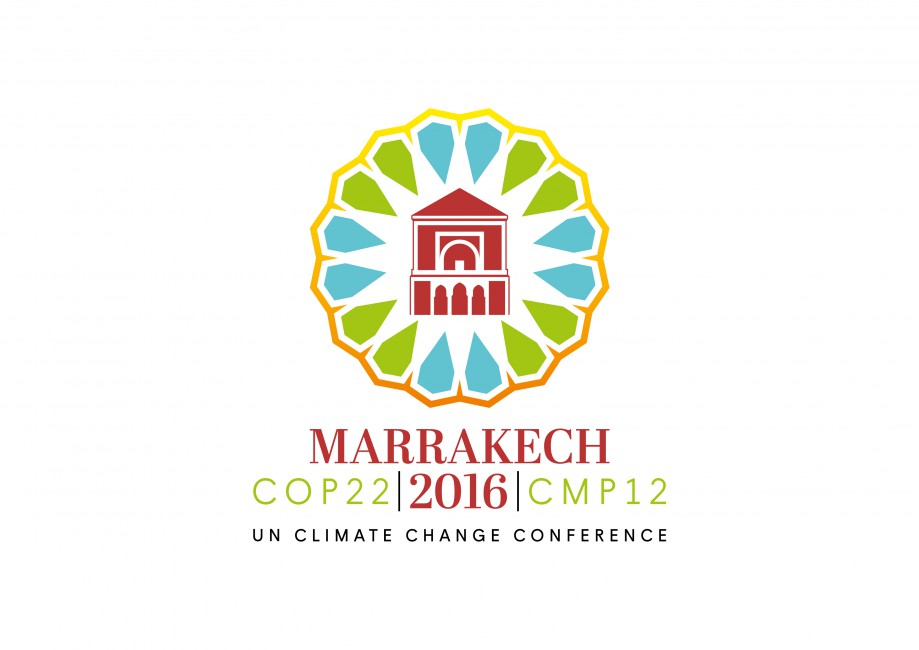At the invitation of Institut de la Méditerranée and FEMISE, a dozen “Social Change Makers” involved in the Mediterranean region and Africa attended a workshop (Marseille, November 20th) during the Emerging Valley 2-day event. Their various experiences show the contribution of social entrepreneurship as a vector of socio-economic development accelerator but also its difficulties in imposing itself.

Entreprises with social impact as a vector for accelerating socio-economic development (photo : F.Dubessy)
MEDITERRANEAN / AFRICA. “Necessity is the mother of invention, so you have to try to change things with creativity.” Founder and CEO of Yomken.com Tamer Taha immediately set, during the workshop “Discovering Social Change Makers in the Mediterranean and Africa”, the problem of a “Mena region lagging behind in terms of innovation compared to other countries at the same level of development. “
Set-up by Institut de la Méditerranée, Femise and IRD (Research Institute for Development) on the occasion of Emerging Valley (Marseille, November 20, 2018) this meeting aimed to highlight the existing social entrepreneurship initiatives in Africa and in the South Mediterranean countries. As Constantin Tsakas, General Manager of Institut de la Méditerranée and General Secretary of Femise, says, “in the face of youth unemployment, the informal economy, inequalities and lack of economic diversification, social impact enterprises have the potential, that is poorly exploited, to be an accelerator of socio-economic development by taking advantage of innovative approaches. “
For Egyptian entrepreneur Tamer Taha, “innovators need more than just money and the market needs more than new ideas, and if we do not innovate, we risk going out of the international market.” With Yomken.com, an open innovation platform for industrial, environmental and social challenges, Tamer Taha connects large companies and SEs-SMEs in five countries to answer problems through calls for solutions. Since 2012, these synergies have resulted in sixty-eight challenges. One of them being the case of a German vegetable cutting machine from a Cairo company that could not process a local vegetable called okra. For $ 5,000, two young engineers managed to solve the impasse.
Strengthen African start-ups

Hatoumata Magassa networks four African incubators (photo: F.Dubessy)
Shadi Atshan co-founded in 2017 an accelerator for social enterprises (SEA) in Palestine. It hosts about forty start-ups and two incubators. In 2018, he went international with four projects in Jordan. “As the market is limited, these start-ups are of little interest to investors, so we help them to raise funds,” says Shadi Atshan. Hatoumata Magassa intervenes to “contribute to sustainable, inclusive and digital economic development in Morocco, Burkina Faso, Senegal and Ghana.” Coordinator of AFIDBA (AFD for Inclusive and Digital Business in Africa) – Bond’Innov (Bondy in France), she takes care of this project financed by the French Development Agency (AFD) for 2 M € to support sixty start-ups with a strong social impact and a funding scheme allocated of € 500,000.
“We are structuring and strengthening a network of incubators in our four intervention countries to strengthen African start-ups” said Hatoumata Magassa.
Natalia Resimont coordinates the “Women of the World” project of the French NGO “Quartiers du monde”, a network of solidarity entrepreneurs present in Burkina-Fasso, Madagascar, Morocco, Mali and Senegal. “We create pedagogical tools to integrate the gender perspective, without which the social and solidarity economy does not deconstruct gender inequalities and ignores a series of models and structures that maintain, update and replicate the patriarchal system : the sexual division of labor governance, violence against women, hegemonic masculinities … “, she says. The NGO has published a guide in Spanish and French (and soon in Arabic and English), the result of five years of work on the issue.
Create collaborative civil societies
” To lead real economic initiatives, these women must first rebuild. We are integrating this into our support “ says Natalia Resimont, for example,” Women of the World “created an incubator in a small town in Mali rather than in a big city to address the issue of women’s mobility.
In Lebanon, Natalia Menhall of Beyond RD, a group of activists for the development of social entrepreneurship, advocates for “building inclusive governance systems and inspiring innovative policy solutions.” With the objective of “building collaborative civil societies and human-centered partnerships in line with priorities, by providing learning opportunities for individuals, institutions and communities.”
According to her, “even if the concept is new, the phenomenon is already present in the MENA region thanks to an existing culture of solidarity and social consciousness.”
A factory of initiatives

Sihle Tshabalala and Natalia Menhall are involved, each in their own way, in removing obstacles to social development (photo: F.Dubessy)
“Instead of waiting for the changes to come to us, we decided to have an active role,” insists Natalia Menhall. “Social entrepreneurship is a tool that comes to the citizen to propose solutions that can be generalized,” she said, noting that after a study in seven countries in the MENA region, “the obstacles to the development of Entrepreneurship remain very close, either the tools do not exist, or they are not adapted or concentrated in urban areas. “ Beyond is developing a Master’s program in Social Entrepreneurship. “In some countries, bankers have to go from purely economic profit to social profit,” she says.
Sihle Tshabalala is interested in disadvantaged youth born in the townships of South Africa. He knows her well to come from there. During a stay in prison, he got interested in computer coding and then put in place a learning method for academics to teach this illiterate population and train coders.
Director of Inter-Made, a social incubator based in Marseille and dedicated, since 2001, to projects with social and environmental impact, Cédric Hamon offers skills, training and networking to start-ups. “We also have a factory of initiatives because all social needs do not always find a start-up to solve them,” he says while he sets foot on the other side of the Mediterranean in Tunisia. Cédric Hamon even markets a training offer on the resolution of societal needs through entrepreneurship. “The obstacle is that you sell solutions to people who did not understand that there was a problem … So you create another problem at home,” he admits while stating, “We do not run out of funds, we do not miss projects, we lack funded projects. ” What remains, as Constantin Tsakas indicates, is that “a social project remains difficult to market.”
The Instagram of Waste

Constantin Tsakas, organizer and moderator of this workshop, is aware of the difficulty of selling social entrepreneurship (photo: F.Dubessy)
Another angle was also given by Mouhsin Bour Qaiba. Everything starts from a statement of the co-founder of Clean City: In Casablanca, each resident generates one ton of non-recycled waste per year. This Moroccan creates what he calls “the Instagram of waste” to put pressure on the authorities and launches an application for sorting at the source with possibility of ordering bags of different colors to ease the process of recycling.
Since then, Clean City has conquered other countries. His CEO is now thinking of giving Token (cryptocurrency) to citizens who report problems posted on his site instead of points allowing discounts on purchases as currently. “We now have 20,000 active users worldwide and 14,000 claims generated, and our goal is to reach 2 million active users,” said Mouhsin Bour Qaiba.
“We wanted to show faces, men and women and insist on the ordinary aspect of their lives.” Roman-Oliver Foy, president of Friends of the Middle East (France, Lebanon), has been presenting initiatives of social entrepreneurs in the Arab world for two years through conferences and debates.
In the near future, he will be launching ten-minute videos on these experiences with the goal of inspiring potential entrepreneurs in the South and North and raising awareness among policy makers while promoting the diffusion of innovations. “Policy makers need to see what a social and supportive entrepreneur is,” he insists.
Subscribe to the Econostrum newsletter : http://www.econostrum.info/subscript
Also check the article and video coverage by ECOMNEWSMED on the workshop :



